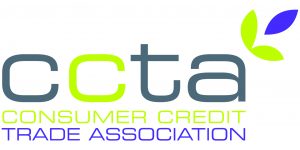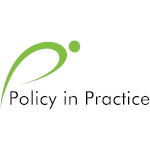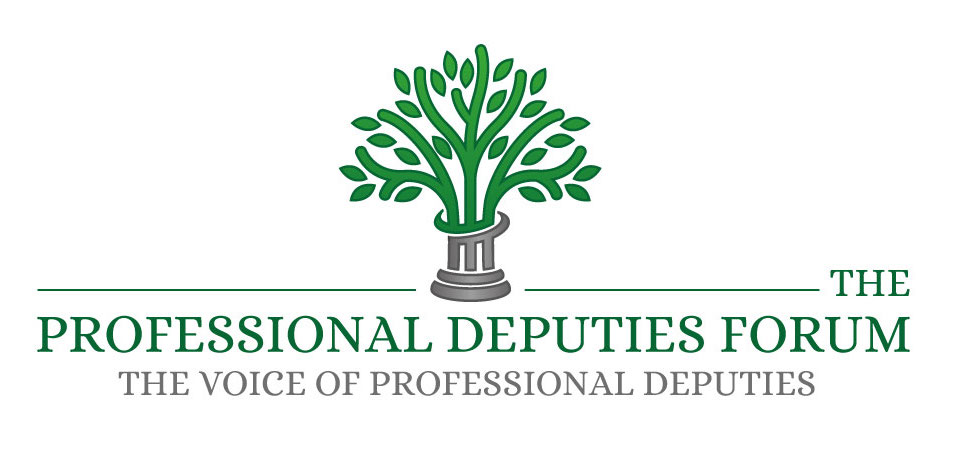Destitution, vulnerability and debt: a combination to be wary of
It may seem obvious that those facing destitution can be deemed vulnerable – but sometimes, when someone goes out and does the research, we actually get a clear look at the troubling reality. And, when we do, it can help guide us in our attempts to improve matters.
A new report by Christians Against Poverty shows that large proportions of those considered destitute – meaning they have trouble covering the basic necessities of life, like meals or a home – also experience one or more measurable form of vulnerability. Of the 1.5 million people in the UK facing destitution, 34% do so while also managing the pressures of lone parenthood; one fifth have a diagnosable learning difficulty; and a striking 62% suffer from mental ill-health.
There are sobering stats to consider, too, on how people in such conditions try to cope. More than half the destitute households surveyed, at 53%, had taken on debt to cover basic living expenses like a utility bill. What’s more, those suffering destitution are more likely to end up taking on forms of debt which can be punitively expensive. The report finds for instance that 40% of those borrowing from payday lenders had experienced destitution, as had 42% of those taking on debt from a doorstep lender.
This is sadly a very effective way of making a dire situation even worse – and harder to retrieve – and when people in these circumstances are in less acutely desperate straits, they tend to recognise this all too well. Where we are faced with the imminent prospect of going without food, heat or shelter – or, worse still, our children are – we naturally think in the short term.
The reality is, though, that people who are measurably destitute are frequently not good candidates for commercial credit agreements – and they need an opportunity to make that known to potential lenders when not in a state of immediate desperation. We all know what it’s like to feel the only thing that matters is getting something over the line – but in most cases that desperation will have paled in comparison to that of people who are struggling to feed their own children.
What’s needed here is a simple and effective way for vulnerable people at risk of destitution to protect themselves from unmanageable debt, before the moment of abject crisis arises. With that insulation from their own potential panic response – which comes laden with so much risk of things spiralling out of control – safer and more long-term approaches to income and debt management can be considered.
The Vulnerability Registration Service (VRS) gives people that option. People facing these difficulties – or any others they feel could place them at risk of unmanageable debt – can opt themselves out from that risk of making matters worse when those desperate moments strike. By signing up to the VRS, people can make lenders aware that they’re going through a period of vulnerability which should be taken into account in decisions over lending. It’s entirely voluntary, and any user can see who their information is shared with. Then, when matters improve, it’s a straightforward process to withdraw.
If you’d like to know more about the Vulnerability Registration Service, please see here for some frequently asked questions.













Post a comment